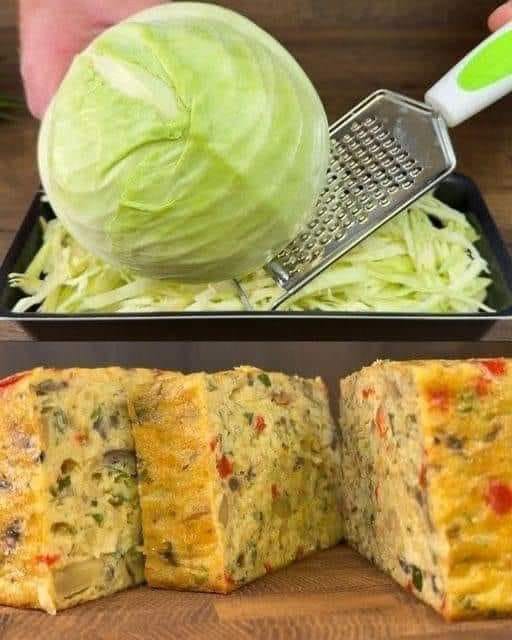A sudden drop in blood sugar, also known as hypoglycemia, can be concerning and is often associated with symptoms like shakiness, sweating, confusion, dizziness, or even fainting. There are several reasons why blood sugar can drop quickly, including medication side effects, skipping meals, or intense physical activity. It’s important to address it quickly to prevent further complications.
Here’s what you can do if you experience a sudden blood sugar drop:
1. Consume Fast-Acting Carbohydrates
- Glucose tablets or gel: These are specifically designed to raise blood sugar quickly.
- Fruit juice: About 4 ounces (1/2 cup) of juice like orange or apple juice.
- Regular soda: About 4-6 ounces (1/2 cup) of soda (not diet), which contains sugar.
- Honey or sugar: A tablespoon of honey, sugar, or syrup can help.
- Candy: A few hard candies, like lifesavers or jelly beans.
2. Wait and Monitor
- After consuming something with sugar, wait about 15 minutes and recheck your blood sugar if you can. If it’s still low, repeat the process.
- Avoid consuming foods that are high in fat or protein immediately after, as they can slow the absorption of sugar.
3. Follow-Up with a Small Meal or Snack
- Once your blood sugar levels have stabilized, eat a small meal or snack that includes both carbohydrates and protein, such as a slice of whole-grain bread with peanut butter or a small bowl of yogurt with fruit. This helps to maintain your blood sugar levels.
4. Know Your Triggers and Prevention
- If you have diabetes or another condition that affects blood sugar, ensure you’re taking your medications as prescribed, eating regularly, and monitoring your blood sugar levels.
- If you experience frequent drops in blood sugar, consult with your doctor to adjust your treatment plan, meal timing, or activity levels.
When to Seek Immediate Help:
- If you are unable to raise your blood sugar, or if you become confused, lose consciousness, or are unable to safely eat or drink, seek medical attention immediately.
Hypoglycemia can be managed effectively with prompt action. Always keep a source of quick-acting carbohydrates with you if you’re at risk for low blood sugar.
